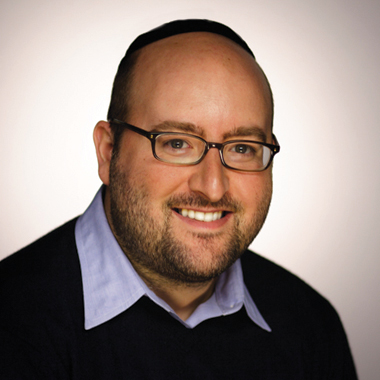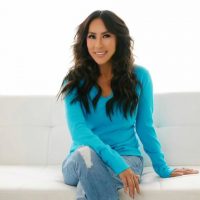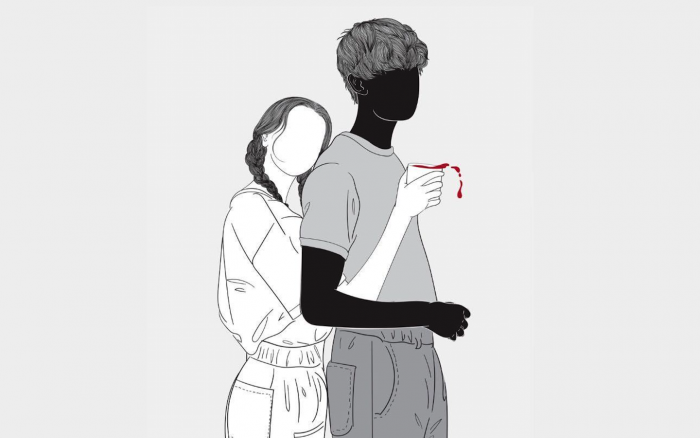If I dredge up my earliest memories, I always land somewhere in second grade, where entire school days would come and go without my having the slightest recollection of what was being taught.
Depending on how chaotic things were at home, I would either dip in and out intermittently in the imaginary world that existed only in my head or stay there for substantial portions of the day.
I do not possess an advanced degree in psychology, so I am going completely by conjecture. Still, given the circumstances and the young age of my parents, I believe that this was likely my instinctual attempt at compensating for the emotional needs that were being—perhaps inadvertently—disregarded.
Without assigning blame, I have come to understand that young, working-class parents with multiple children are generally under enough pressure to provide clothing, food, and shelter. Very often, the “softer” needs are overlooked.
Most of these early daydreams included my taking the most beautiful girl in my class by the hand and running out the doors of the Susan E. Wiley Elementary School to go live happily ever after in life—deficient of parents, teachers, school buses, and rules. I would be wearing a leather jacket and jeans, like The Fonz, and everyone in the world loved me.
Today, over 40 years later, with the exception of a few refinements and additions, not much has changed. Most of my romantic relationships have ended shy of a year unless children were involved. Upon taking an honest inventory of each one that failed, the wheels seem to get shaky when the dopamine and excitement wear off.
I try to hold on for dear life most of the time, but inevitably, with the build-up of uncomfortable moments and quiet resentments, I manage to extricate myself and return to the never-ending search for the right woman.
The woman, who I am beginning to fear, does not exist.
I was in my early 20s the first time I was made aware that this was even something that set me apart from the rest of the world. A college girlfriend looked at me with disdain, as it became apparent to her that she wasted months of her life on something that was obviously ending, and said, “Your whole world takes place in your head. Are you even aware of what’s going on out here?”
I didn’t think much of it at the time. But the memory has stuck around long enough for me to take it a little more seriously as I’ve gotten older. It makes its reprise every time I am faced with the conclusion of yet another short-lived romance and subsequent return to the incessant “search.”
In the past couple of years, I have become more thoughtful and mindful of my patterns. I have even tried a few times to put a moratorium on dating and do some much-needed work. As luck would have it, I have been friends for a long time with a doctor in psychology, and I always have the opportunity to call and bounce my theories off her.
When my last two-week disaster concluded, I asked her opinion about the role childhood trauma is playing on my relationship problems, and she had strong feelings about the correlation. To paraphrase, most children daydream a healthy amount, and most maladjusted children daydream even more.
It’s quite possible that it could lead a person, like myself, to create a blueprint for the “perfect” mate. (One who will be impossible to find.) Add to that a poorly developed ability to process difficult emotions, and it could lead to where I have always found myself: back to the drawing board.
On the way to that drawing board, it’s hard not to look at my stable, married friends and not feel a little envy. The older I get, the more I worry about the possibility of reaching my final days without a partner.
Just this morning, I received a phone call from another author at Elephant Journal currently residing in France. I had no plans to share any of this strife with anyone, but as it happens with our friends, a simple, “How have you been doing?” can open us in profound ways.
I know, for myself, these sorts of conversations allow me to hear myself and make important distinctions I wouldn’t otherwise make.
“What if I were to stop dating for a year and divert all the money I might’ve spent on dating apps and restaurants on therapy instead? What if I finally try to get a handle on this sh*t?”
I was looking out the windshield as the winter sun broke through the horizon and began to paint a pastel pink landscape off in the distance.
“Billy,” she said, “I really think you might finally be onto something.”





Read 3 comments and reply